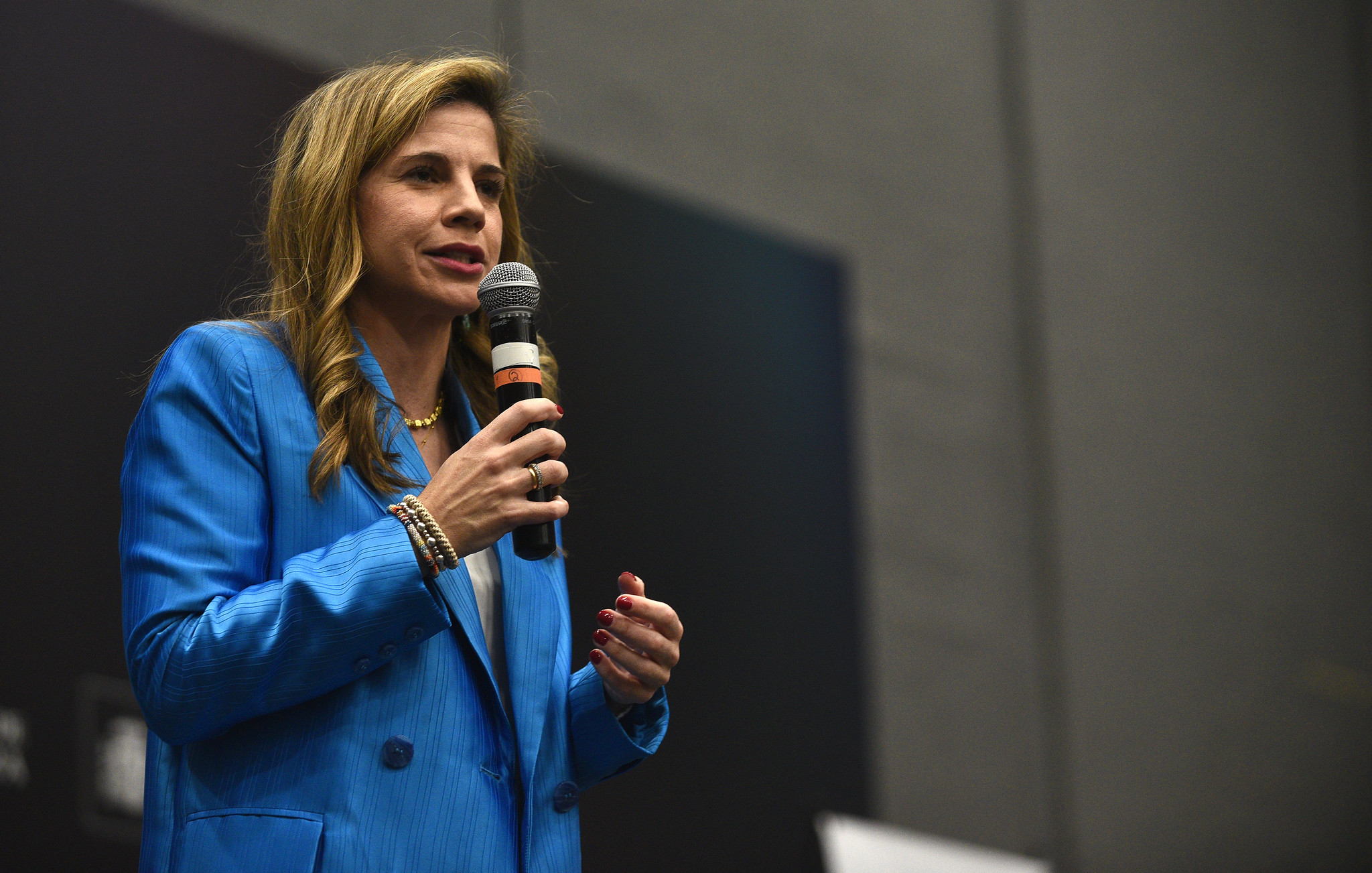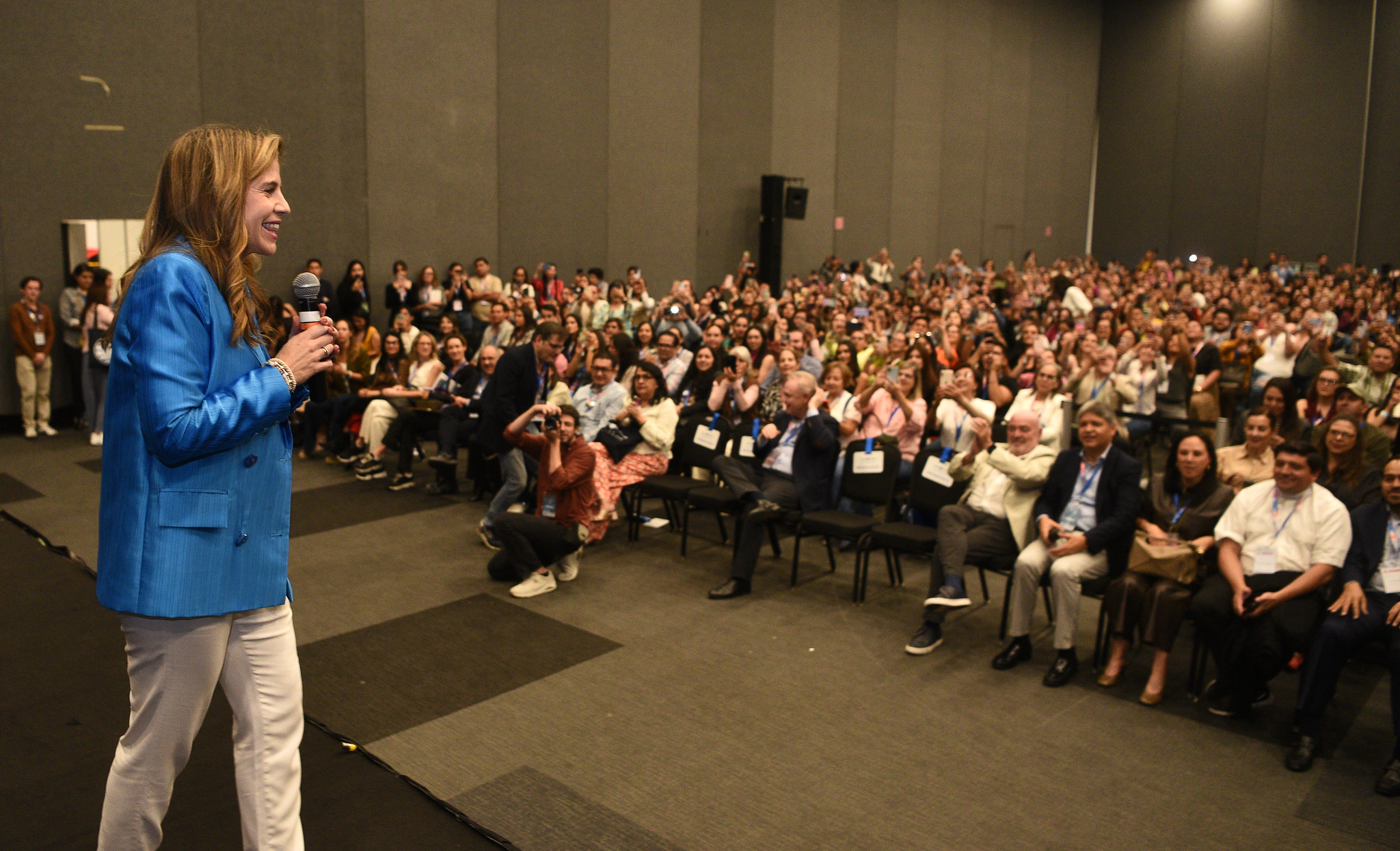The Guadalajara International Book Fair (FIL), held from 30 November to 8 December, was the venue for the famous Spanish psychiatrist Marian Rojas Estapé's presentation of her third book, Recupera tu mente, Reconquista tu vida (Restore Your Mind, Rebuild Your Life), on December 2 to a crowd of more than 700 people.
Enlarge
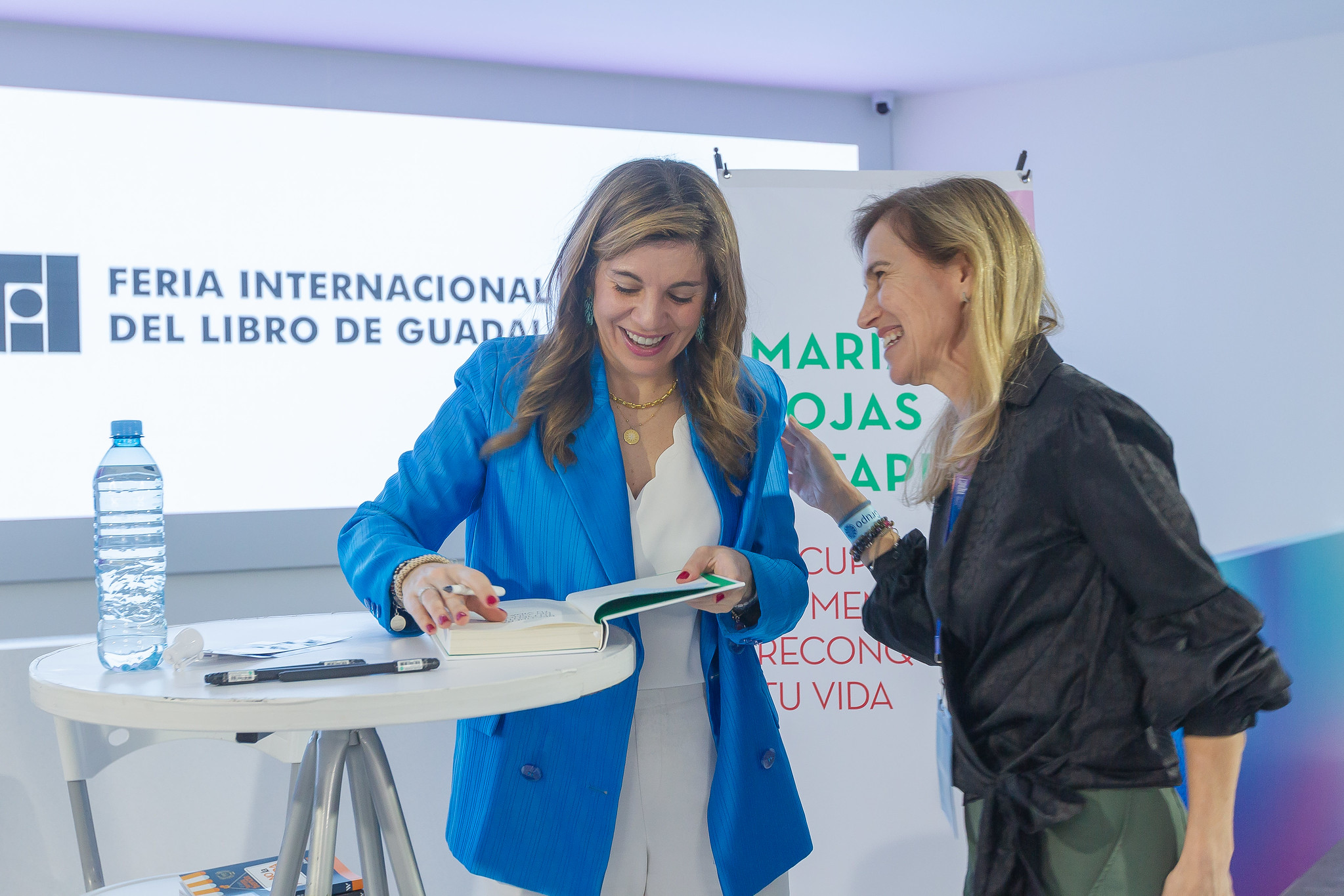
We live in an era of instant gratification where the prefrontal cortex (a region of the brain responsible for many cognitive functions such as planning, making decisions, setting priorities, etc.) is blocked and what blocks it? The fact of being flooded with dopamine because we anesthetize our head, that infinite scroll, dopamine all the time and there comes a moment when we cannot manage our impulses.
Dr. Rojas is a psychiatrist, with a degree in medicine and surgery from the University of Navarra. Works at the Spanish Institute of Psychiatric Research in Madrid. She is a guest teacher at the IPADE business school in Mexico. She has collaborated on several cooperation and volunteer projects outside of Spain. Since 2007 she has been giving lectures in Spain and abroad on stress and happiness, education, screen and social media, as well as depression and somatic diseases. In the last year, a project, ilussio, has started on emotions, motivation, and happiness in the business world. She has over three and a half million followers on Instagram and is the author of 3 books: Cómo hacer que te pasen cosas buenas ,How to Make Good Things Happen, Encuentra Tu Persona Vitamina / Find Your Vitamin Person and the most recent one presented at FIL Recupera tu mente, reconquista tu vida / Restore Your Mind, Rebuild Your Life.
Enlarge
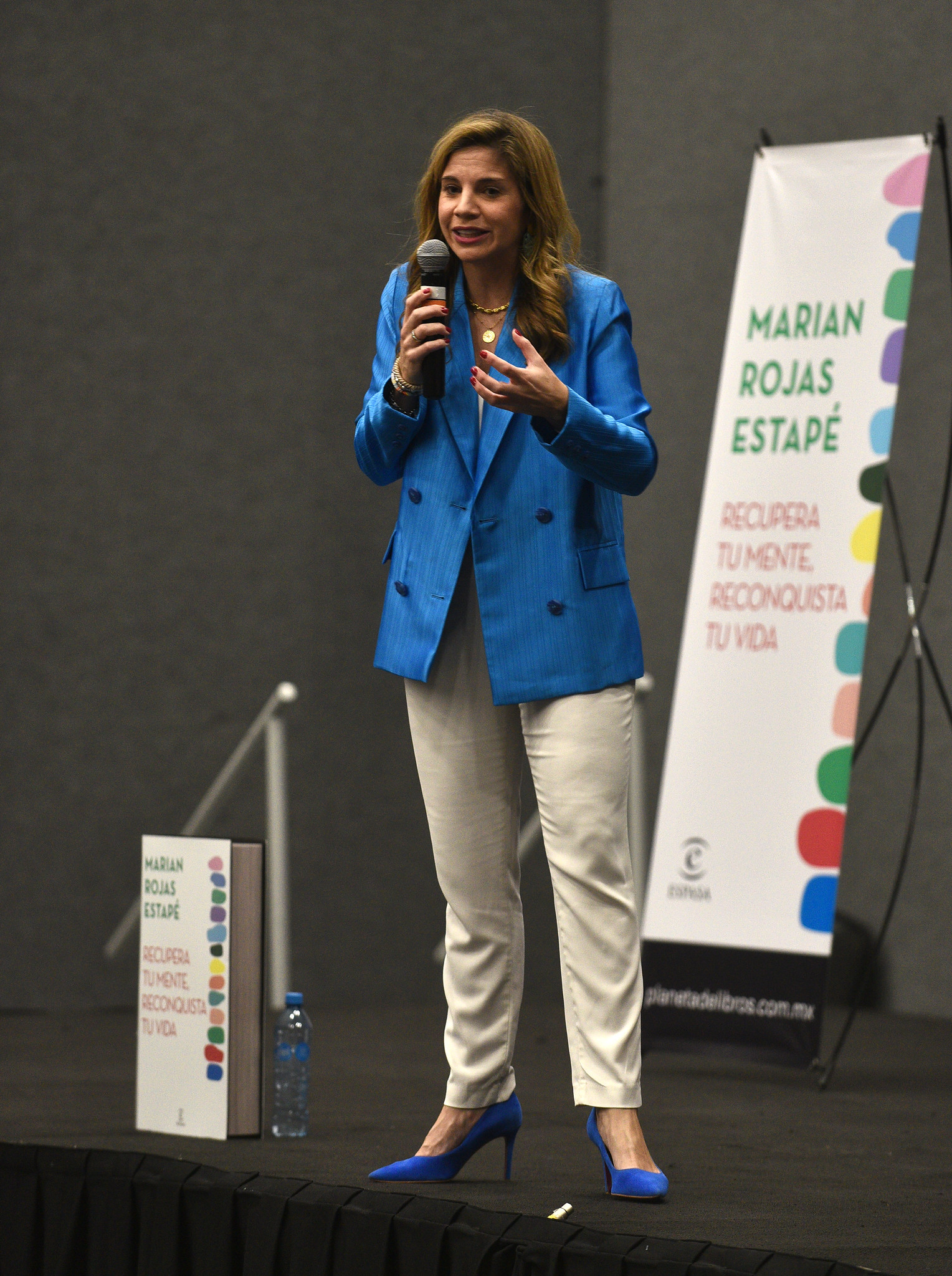
During the presentation of the book, the author commented that in a hyper-stimulated world full of distractions, what happens in the rapidity of life? She points out that when we put things in fast 1.5x to our life ( faster than normal) we know the thickness of things, but we lose the details and much of the happiness in our life consists of those little details what if we find ourselves in a crisis of attention?
"To get out of a crisis, any kind, in this case, attention, some guys who think well must meet with other guys who also think well, be able to analyze what is happening, analyze that things throughout history have happened in a similar way or other countries, agree on, implement measures and execute them, all need a good prefrontal cortex, if we are immersed in a crisis of prefrontal cortex, in a crisis of attention we lose the tools to get out of the crisis and that worries me", she emphasized. For her one of the solutions is that there are people more interested in these issues of mental health, because the macro may work badly, but the key is that we in our micro life, manage it in the best possible way. The blocked prefrontal cortex makes us addicted to the irrelevant, we care about the sensationalist, the dopaminergic, we run away from deep things and suddenly we notice that we do not understand them.
She said that this happens in young people, there is less and less capacity for understanding, the moment you give a child a cell phone, It has been seen in studies worldwide that the texts are increasingly understood worse because the prefrontal cortex is less active in understanding worse what is happening, and very important issue, when the crisis is of prefrontal cortex their brains tend to polarize: Black or white, they are extreme and as the algorithms lead them to see only what matters to them, it is increasingly difficult for them to empathize and understand people who do not think like them.
"I think that for the world to go well, one of the most important things is to know how to listen to those who do not think like us. And for that we have to re-open our ability to pay attention," she remarked.
The book is composed of 4 blocks. The first block is about Dopamine: There are drugs, there are games, there is pornography, alcohol, and cocaine, The second one is about the prefrontal cortex: How is the prefrontal cortex of adolescents, what does it block, fear, loneliness, and distractions? The third thing that happens with social media is how they were invented, what is behind it, what happened to the government of the United States, how it is regulated in different places, and screens yes or no in schools. An easy text to read in high schools, colleges, and schools, with adolescent children.
The fourth block, talks about establishing vitamin routines, things that help protect our brains: From sport, of course, what is called the dopamine fast is not to remove the dopamine because then we die of grief because it is key to have it, Get up in the morning with the motivation of something, but it is to know which that dopaminergic escape route that affects us most, the x hours we spend on Instagram, YouTube, the sugar we eat or whatever each has and for 4 weeks decide to rewire our dopaminergic system, it is the flow state, which is an ability to pay attention of the brain, doing things: the one who paints, the one who has a garden, the one who cooks, who suddenly loses the notion of time, are very high states of attention, the subject of mental divagation, meditation is touched upon, we talk about being bored, because the boredom without guilt is wonderful for the brain.
Enlarge
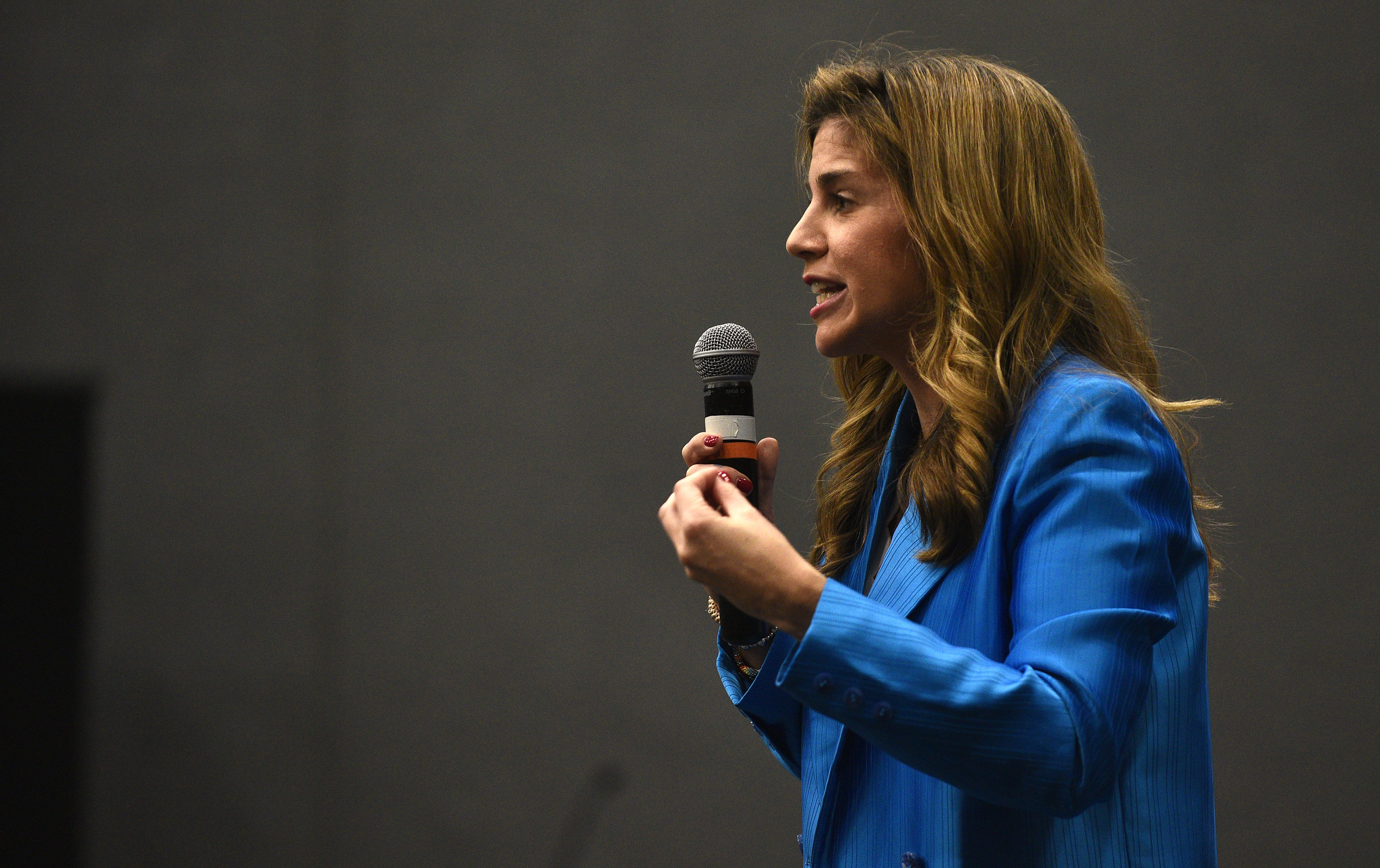
Finally, she commented that we do not lose the ability to connect in real life, when we are one-on-one with people, our brains synchronize, and we release that oxytocin that is what makes us feel safe, because we feel stronger, not when we are strong but when we feel loved and not when we feel loved by likes, but when we feel loved in real life because we notice that we care about people, " this book Recupera tu mente, Reconquista tu vida (Recover Your Mind, Reconquered Your Life), is a message of hope, it is that message when I understand myself, I feel relieved, try to understand what is happening, each one to go seeing what happens to each and it is a manual for different moments of life and our family, our children, have tools to bring out the best that we carry inside", She concluded.
Enlarge
